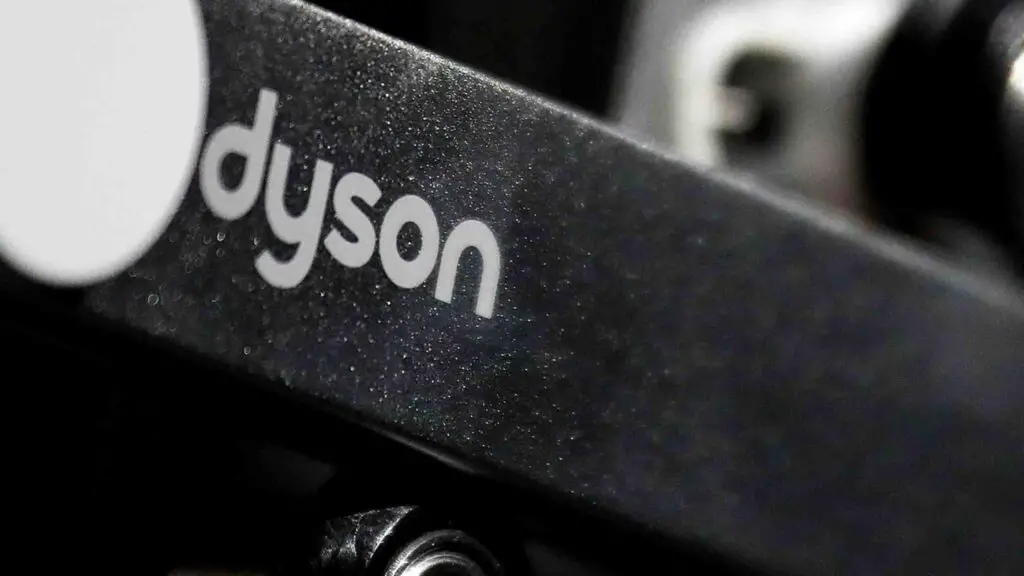Dyson Limited, also known as Dyson, is a Singapore-based global technology firm. James Dyson established the company in Malmesbury, England, in 1991. Dyson has risen to become a global leader in the design and manufacture of household items. Dyson employs about 14,000 people and operates in over 80 countries.
Dyson has had a significant impact on both the technology and appliance industries. However, the company has announced the layoff of 1,000 workers in the United Kingdom, which has caused concern among employees and others in the community. Dyson, widely known for creating the bagless vacuum cleaner, currently employs 3,500 people in the United Kingdom. In this article, we will learn in detail about the layoffs at Dyson.
DiscontinuedNews is impartial and independent, and every day, we create distinctive, world-class programs, news, and content that inform, educate and entertain millions of people worldwide.
Dyson’s relocation to Singapore
Dyson relocated its headquarters from the United Kingdom to Singapore in 2019. It was done as part of a strategic move to be closer to its manufacturing facilities and supply chains. The St. James Power Station facility served as the new headquarters for Dyson. It comprises the company’s supply chain, advanced manufacturing, and research and engineering units. The move was also motivated by the fact that Asian markets contribute to more than half of Dyson’s sales. Singapore’s free trade agreement with the EU also offered further benefits.
The 2024 layoff announcement

Dyson has announced plans to reduce up to one-third of its UK employees. The layoffs are part of a global restructuring drive. The company now employs 3,500 people in the UK and operates in Wiltshire, Bristol, and London. It indicated that the layoffs were necessary to prepare for rising competition in global markets. CEO Hanno Kirner stated Dyson’s need to stay entrepreneurial and agile. He also noted that the plans will prepare the company for future challenges.
Reasons for the layoffs:
Several factors motivated Dyson’s decision to cut its staff in the UK:
- Dyson faces stiff competition worldwide. This is particularly true of Asian manufacturers who create similar products at lower prices.
- The company’s founder, Sir James Dyson, strongly disapproves of the UK’s economic policies. These policies mainly concern raising corporation tax from 19% to 25% in April 2023. He has expressed concern about the rules’ impact on company growth and innovation.
- Reducing employment is a more significant attempt to streamline operations and reduce costs. The business believes hiring Southeast Asian people will help it meet these goals. It’s because labor costs are lower in these areas.
Impact on employees and communities
The layoffs will affect about 1,000 people across the UK. Thus, the company is dealing a massive blow to Dyson’s employees and the communities in which it works. Local companies and citizens in Malmesbury, Wiltshire, where Dyson is the primary employer, have expressed concern. Wiltshire Council chairman Richard Clewer and local MP Roz Savage have voiced concern about the impact on the local economy. They promised to help anyone impacted by this layoff.
Dyson’s decision to reduce jobs in the United Kingdom has sparked concern among experts in the sector. Prof. Andrew Graves, a mechanical engineer and political scientist at the University of Bath, said the news was expected given Dyson’s intense worldwide competition. He said that some of Dyson’s latest goods have struggled in the market, and the company has taken considerable cost-cutting measures.
The announcement of the layoffs caused calls for Dyson to provide comfort and support to affected employees and communities. Wiltshire councilors Gavin Grant and Martin Smith pointed out the importance of Dyson meeting its community duties. This includes a £6 million donation to expand Malmesbury Primary School and a projected investment in a new research and development facility in Bristol.
Dyson’s continued commitment to the UK
Despite the layoffs, Dyson kept saying that the UK would continue to be a key focus for the company’s research and development (R&D) activities. The Dyson Institute employs 160 undergraduate engineers. It will continue to function in the UK. Yet, staff are concerned about the future of R&D activities in the country, especially with the company’s recent focus on cost-cutting.
Dyson’s financial performance and plans
Despite these challenges, Dyson remains enormously profitable. Last year, the company raised its R&D spending by 40% and achieved a record revenue of $9.1 billion. Dyson’s product portfolio includes vacuum cleaners, hair dryers, air purifiers, and other innovative products. The business has also made significant investments in its global operations, establishing manufacturing plants and technology hubs in the Philippines, the United Kingdom, and Singapore.
Dyson appointed Hanno Kirner as CEO in February 2024, succeeding Ronald Krueger. Kirner previously worked for and oversaw the Tata Group Battery Program. He has extensive experience in his current post at Dyson. His leadership will be necessary for the company. This is because it navigates the challenges of a dynamic global market and implements its restructuring plans.
Concerns over a lack of notice
Local leaders and community members have expressed their disappointment. They are frustrated about Dyson’s decline to provide advance notice of the upcoming job layoffs. Wiltshire Council leader Richard Clewer also voiced worry. He said that even a few hours’ notice would have helped the council gather resources and support for the affected employees.
The council was unable to take proactive steps to fix the situation because of the sudden announcement, which left them rushing to catch up. Clewer noted that early notification would have helped the council set up support initiatives and offer them timely guidance and support. This lack of communication has increased the employees’ worry and uncertainty, leaving them in an unsafe situation without proper preparation.
Phil Exton is the mayor of Malmesbury. He and other local officials agreed with Clewer and pointed out the decision’s broader economic and social impacts. They also said Dyson has a major effect on Malmesbury’s local economy because many small companies rely on Dyson employees’ patronage.
Thus, the lack of notification affected workers and local business owners. They are unprepared for the sudden decline in client footfall. Proper notice would have allowed local firms to change operations and seek alternative help.
Finally, the community’s trust in Dyson has been shattered. The company must improve its communication tactics and take responsibility for the long-term effects of its business actions.
Conclusion
Dyson’s plan to lay off up to one-third of its UK jobs is a significant and challenging step for the company and its staff. This move is part of a larger global restructuring initiative. However, it raised questions about the company’s future operations in the UK. As Dyson travels through the challenges of a fast-changing global market, providing support and comfort to affected employees and communities will be vital so that it will reduce the impact of the layoffs.
Dyson’s commitment to innovation and continued investments in R&D will shape the company’s future. To conclude, the business needs to maintain its competitive edge and keep its commitments to the communities and employees that have been vital to its success.
